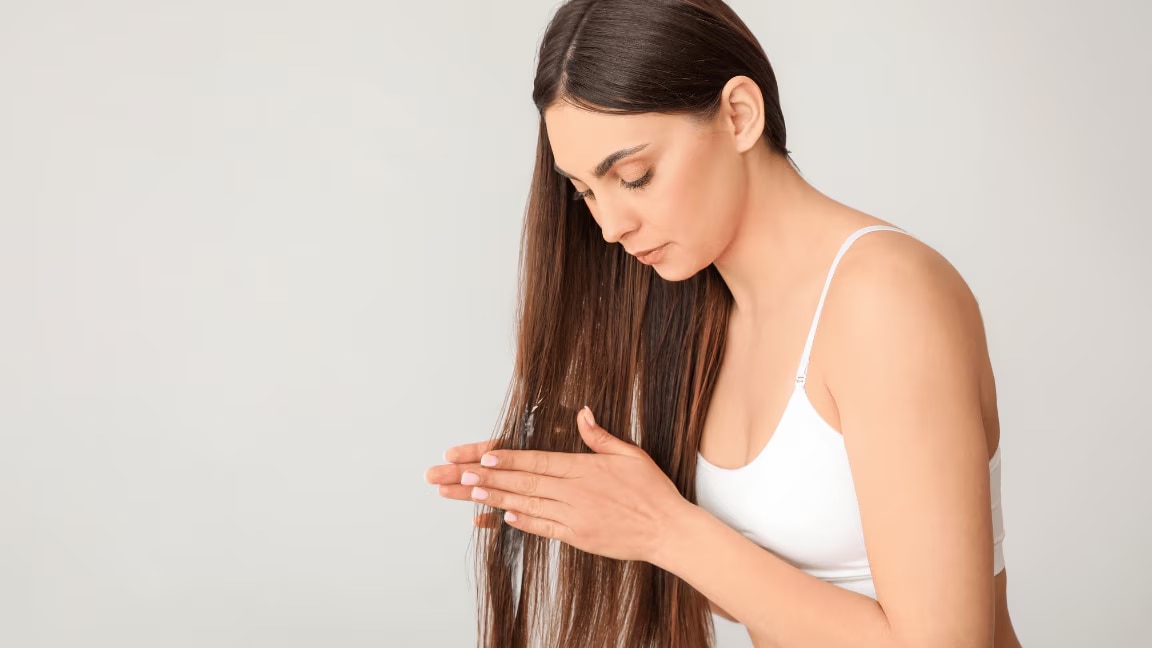In our childhood, we all believed that applying hair oil and braiding them tight will make our hair grow long and strong. Our mothers and grandmothers considered hair oil as the ultimate hero. Ever complained to your mother about hair fall and dry and frizzy hair? A swift response would be because we do not apply hair oil as often. But does hair oil for hair fall really work? While hair oil has its own benefits, there are a lot of unnecessary hair oil myths out there. While some believe it as the magic elixir for hair growth, others debate that hair oil alone cannot promote hair growth. Below we will debunk some hair growth oil myths, and also recommend which is the best oil for hair fall.
Natural Argan Oil & Lavender Sulfate Free Anti-Frizz Shampoo - 400ml
₹658
₹658
SHOP NOW





